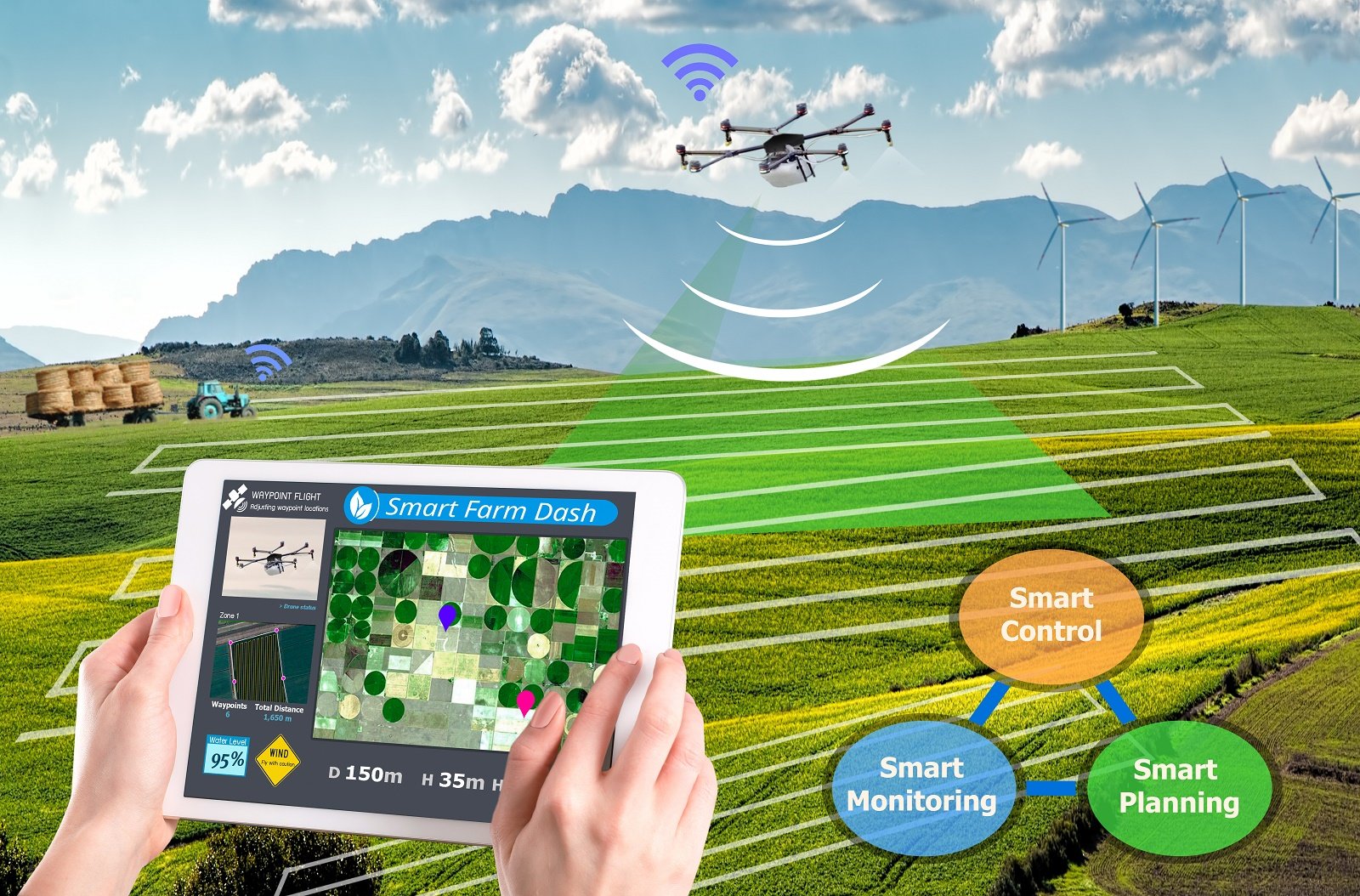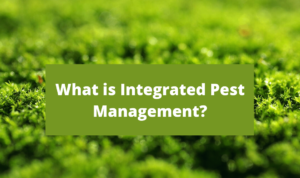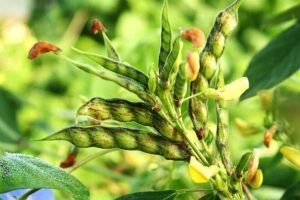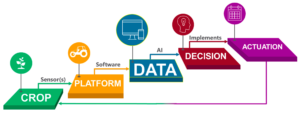How Precision Agriculture Helping Farmers?
Precision Agriculture, also known as Precision Farming, is a technology-driven approach to farming that uses advanced tools and techniques to improve crop yields, reduce costs, and minimize environmental impact. This approach is based on the idea that by collecting and analyzing detailed data on factors such as soil moisture, weather conditions, and crop growth, farmers can make more informed decisions about planting, fertilization, and irrigation.
Precision Farming is a technology-driven approach to agriculture that uses precision tools, such as GPS and sensors, to optimize crop yields and improve efficiency. Some of the ways that Precision Farming is helping agriculture include:
Site-specific management: Precision Farming allows farmers to manage their fields on a site-specific basis, using data from sensors and other tools to identify areas of the field that need more attention or resources. This can help farmers to optimize their operations and improve their yields.

Read more: How digital farming works?
Variable rate application: Precision Farming allows farmers to apply inputs, such as seeds, fertilizers, and pesticides, at variable rates based on the specific needs of each area of the field. This can help farmers to reduce inputs, save money, and improve crop yields.
Yield monitoring: Precision Farming allows farmers to monitor crop yields in real-time, which can help them to identify issues and opportunities for improvement. This can help farmers to optimize their operations and improve their yields.

Soil analysis: Precision Farming tools can be used to analyze soil samples, providing farmers with detailed information about the soil’s composition, pH, and nutrient levels. This can help farmers to identify areas of the field that need more attention, and to optimize fertilization and irrigation schedules.
Weather forecasting: Precision Farming tools can be used to access and analyze weather forecasts, which can help farmers to plan planting and harvesting operations, and to make decisions about applying inputs like water and fertilizers.
Read more: How Artificial Intelligence (AI) Used In Agriculture?
Livestock tracking: Precision Farming technology can be used to track the location, health and behavior of livestock, helping farmers to optimize feed and water schedules, and to ensure the welfare of their animals.
Now Precision Farming is helping agriculture by providing farmers with the tools and information they need to optimize their operations and improve their yields. By using precision tools, such as GPS and sensors, Precision Farming allows farmers to manage their fields on a site-specific basis, apply inputs at variable rates, monitor crop yields, analyze soil, forecast weather and track livestock.
Following specific technologies helping farmers in a revolutionery ways:
Use of GPS Technology in Precision Farming
One key component of Precision Agriculture is the use of GPS technology. This allows farmers to map and monitor their fields with a high degree of accuracy, and to use this data to make precise and efficient use of resources such as seed, fertilizer, and water.

For example, farmers can use GPS data to create detailed maps of their fields, which can be used to identify areas with different soil types or nutrient levels. They can also use GPS data to guide tractors and other equipment, ensuring that they are planting and fertilizing in the most efficient way possible.
Read more: How Technologies Changing Methods of Agriculture?
Use of Sensors Technology in Precision Farming
Another key component of Precision Agriculture is the use of sensors. These devices can be used to collect data on factors such as soil moisture, temperature, and crop growth, which can then be analyzed to identify trends and patterns.
For example, sensors can be used to monitor soil moisture levels, which can help farmers decide when to water their crops and how much water to use. Similarly, sensors can be used to monitor crop growth, which can help farmers identify areas where plants are struggling and take appropriate action.
Precision Agriculture also helps to minimize environmental impact. By using advanced tools and techniques to optimize planting, fertilization, and irrigation, farmers can reduce the amount of resources they need to use.
Additionally, by using sensors and drones to monitor crop health and growth, farmers can identify and address issues such as pests, disease, and nutrient deficiencies more quickly and effectively, which can help to reduce the need for pesticides and other chemicals.

Read more: How To Use GIS In Agriculture?
Use of Drones in Precision Farming
Precision Agriculture also uses drones, which are small unmanned aerial vehicles, equipped with cameras and sensors. Drones can be used to take high-resolution images of fields, which can be used to identify crop health, pests, and other issues.
They can also be used to create 3D models of fields, which can help farmers identify areas that need more attention. Drones are also useful in monitoring crop growth and yield, providing farmers with detailed information about how their crops are developing.
Use of Automation in Precision Farming
Precision Agriculture also makes use of automation and robotics, which can help farmers perform tasks more efficiently and effectively. For example, precision planting equipment can be used to plant seeds with a high degree of accuracy, ensuring that they are placed at the correct depth and spacing. Similarly, precision irrigation systems can be used to apply water and fertilizer with a high degree of precision, reducing the risk of over-application and minimizing environmental impact.
Read more: How Israel Is Doing Hitech Farming?
Use of AI in Precision Farming
AI is technologyone of the major benefits of Precision Agriculture is that it can significantly increase crop yields. By collecting and analyzing data on factors such as soil moisture, weather conditions, and crop growth, farmers can make more informed decisions about planting, fertilization, and irrigation. This can lead to increased efficiency and crop yields, as well as reduced use of resources such as water and fertilizer.

Use of Automation & Robotics in Precision Farming
Another benefit of Precision Agriculture is that it can help farmers to reduce costs. By using advanced tools and techniques to optimize planting, fertilization, and irrigation, farmers can reduce the amount of resources they need to use.
Additionally, by using automation and robotics, farmers can perform tasks more efficiently and effectively, which can help to reduce labor costs.
Read more: How To Do Soil Nutrient Management With Sensor?
In conclusion, Precision Agriculture is a technology-driven approach to farming that uses advanced tools and techniques to improve crop yields, reduce costs, and minimize environmental impact. This approach is based on the idea that by collecting and analyzing detailed data on factors such as soil.




